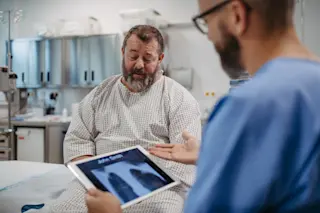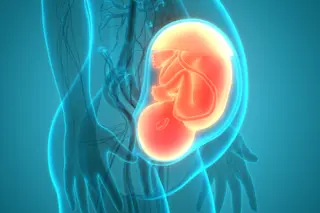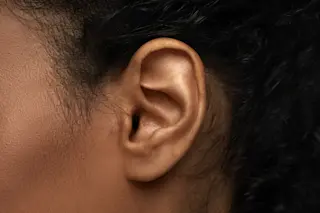A month ago I posted Don't trust an archaeologist about genetics, don’t trust a geneticist about archaeology, in response to James Fallows at At 5% Neanderthal, You Are an Outlier. Fallows has now put up a follow up, The Neanderthal Defense Committee Swings Into Action, where he links to my response post. This prompted the original archaeologist in question to reach out to me via email. I am posting the letter, with their permission, below.
Hello! I'm dropping an email because I followed a link from Fallows to find my email to him highlighted negatively on your blog. I've emailed a few times with Mr. Fallows on various topics and had no idea he was going to post that email - he didn't ask until after it was already up and so, yes you're right it was a casual dashed off email and confused two different articles (both of which incidentally I have read so please no more comments on what I may or may not have done). Mea Culpa. And you're right, I'm not a geneticist - I'm not even a lab scientist. However, I know a heck of a lot about archaeology and I work closely with lab scientists including several colleagues who specialise in ancient DNA. The thing that I'm writing about isn't a defense of myself (such as I need it) but rather a defense of archaeologists' right to comment on other, linked fields. The attitude you displayed in that blog post was one my colleagues and I encounter frequently from the people with whom we attempt to collaborate - sometimes it's a light (but head shaking) critique such as yours, sometimes it's closer to amused contempt. Archaeology as a discipline is intensively interdisciplinary in a way that other fields are not, so we find ourselves constantly working out of our specific specialty and with colleagues whose knowledge of closely allied fields is far deeper than ours ever will be. Such is the nature of a field that requires us to be historians, philosophers, social theorists, materials scientists and, now, geneticists. You can shake your head and suggest that the archaeologists should stay out of genetics, but without the larger narratives (such as the out of Africa theory - based in large part on the type and presence of ancient human remains, carefully excavated and reassembled) and archaeological contexts which we create and control, respectively, geneticists would not be able to say anything at all about ancient remains. I, like many of my colleagues, have been excited to see the results of initial work into ancient DNA; but, like many of my colleagues, I am highly skeptical that we have adequate procedures in place to deal with the contamination. Until the 2010 study is replicated a few more times - and as long as numerous studies from various labs continue to emerge showing the problems of contamination - my skepticism will remain. I don't know if you have ever been around an archaeological excavation, but they are messy places. There are many people involved (from volunteers and local paid diggers to students of various skill levels and ages to directors, land-owners and visitors) with different amounts of knowledge, different amounts of supervision and, invariably, not enough time to do what they're trying to do. Keeping remains uncontaminated is an enormous struggle - whether for DNA analysis or for the more frequently undertaken C14 dating. Even when collected and stored to the highest standard, and those standards are different on every excavation in every country, many of the samples are so obviously flawed that one is forced to wonder about the less obvious ones. In writing James Fallows, I was not trying to be a singular authority, but to encourage some skepticism - especially in light of breathless blog posts and newspaper articles. If you think the popular press gets science wrong, become an archaeologist. Every time our field is mentioned in a newspaper, on the internet or in a film, we despair. Unfortunately, this popular presentation of archaeology has seeped so far into the cultural fabric that we're constantly having to prove that we are more than just treasure hunters, particularly over-qualified ditch diggers or vague historians who don't bathe often enough. I'm happy to talk further about genetics (which you'll have to be patient about), archaeology (which you might need to be a bit patient about) or Neanderthals, but for now, let me finish by encouraging you, in future, when critiquing strangers online to reach out and perhaps try and find out who those strangers are because they might actually have something to say. With best wishes, [name redacted]
As I told my correspondent I agree with much of the sentiment above. Rather, the problem in the general sense is that James Fallows should have been cautious about taking the expertise of a non-geneticist for granted when it came to genetics. Second, on the specific issue of contamination, I think Nick Patterson's comment is the sort whose thrust should convince non-specialists:
(I was an author of both the Green et al (Neandertal) and Reich et al (Denisova) papers) When thinking about contamination it’s important to realise that contamination will look like modern human gene-flow -> archaics. But we find very strong evidence for flow in the reverse direction.
Additionally, remember that Denisovans and Neandertals seem to form a distinct clade in relation to modern humans. I have difficultly understanding how modern contamination would result in this pattern.













